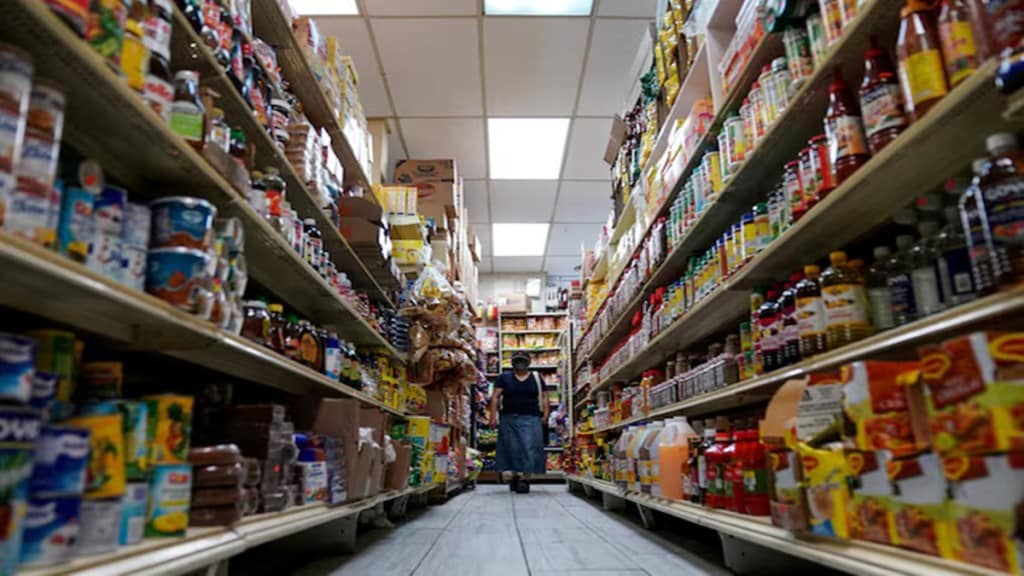The fast-moving consumer goods (FMCG) sector is expected to see revenue rebound 100 to 200 basis points (bps) to 6-8 per cent in fiscal 2026 in comparison with a more modest 5-6 per cent expected in fiscal 2025, stated a report by Crisil Ratings. This will be led by volume rise of 4-6 per cent on a gradual recovery in urban, and steady rural demand.
Per the findings of the report, traditional FMCG companies will continue to target acquisition of direct-to-consumer (D2C) brands, increase adoption of digital channels, and introduce more lower price packs and products amidst rising competition to support volume growth, which has remained subdued over the past few fiscals.
Further, another 2 per cent revenue uptick is expected to come from realisations as FMCG companies partly pass on the impact of inflation in key categories such as soaps, biscuits, coffee, hair oil and tea. The pricing actions, it said, will be driven by elevated prices of key inputs such as palm oil, also coffee, copra and wheat. Palm oil is a key input for all three segments – F&B, personal care and home care.
Operating profitability, meanwhile, is expected to stay flat but healthy at 20-21 per cent in FY26, after a 50-100 bps decline in FY25. All said, credit profiles of FMCG companies are expected to remain stable.
Crisil Ratings studied 82 FMCG companies, accounting for a third of the sector’s estimated Rs 5.9 lakh crore revenue this fiscal, to conclude these findings.
In terms of regions, the urban segment accounts for around 60 per cent of revenue and rural markets the rest. By category, food and beverages generates nearly half of the sector’s revenue, and personal care and home care a quarter each.
CRISIL said that urban consumption across segments in FY25 is impacted by high food inflation, elevated interest rates and sluggish wage growth, with personal care and certain F&B sections taking a bigger hit. Rural volume, meanwhile, has recovered and outpaced urban in the past few quarters after another spell of adequate monsoon.
Anuj Sethi, Senior Director, Crisil Ratings, said, “We expect a modest recovery in volume as moderating food inflation, easing interest rates and tax relief measures announced in the Union Budget for next fiscal encourage urban demand. Rural demand will grow steadily given continuing allocation to welfare schemes and a hike in minimum support prices.”
Apart from the macro factors, traditional FMCG companies have had to contend with rising competition. Interestingly, regional and local companies have been gaining with consumers downtrading to lower-priced brands. Besides, rising preference for digital channels has opened distribution avenues on a much larger scale for D2C companies.
Aditya Jhaver, Director, Crisil Ratings, said, “On their part, traditional FMCG companies have been taking steps to push growth. Apart from seeking D2C brand acquisitions and increasing digital advertising to push premium products, they have introduced affordable packs and increased distribution reach across hinterland. With quick commerce now accounting for ~30 per cent of the e-commerce channel, companies have been introducing exclusive packs for such platforms. These measures are gradually enabling traditional FMCG companies to withstand competitive intensity.”
Despite the modest revenue growth, CRISIL said that the credit profiles of FMCG companies in its portfolio remain stable, supported by their healthy cash generating ability, strong balance sheets and sizeable liquid surpluses.
Going ahead, CRISIL concluded, input price, monsoon and utilisation of higher disposable incomes by households will bear watching.


